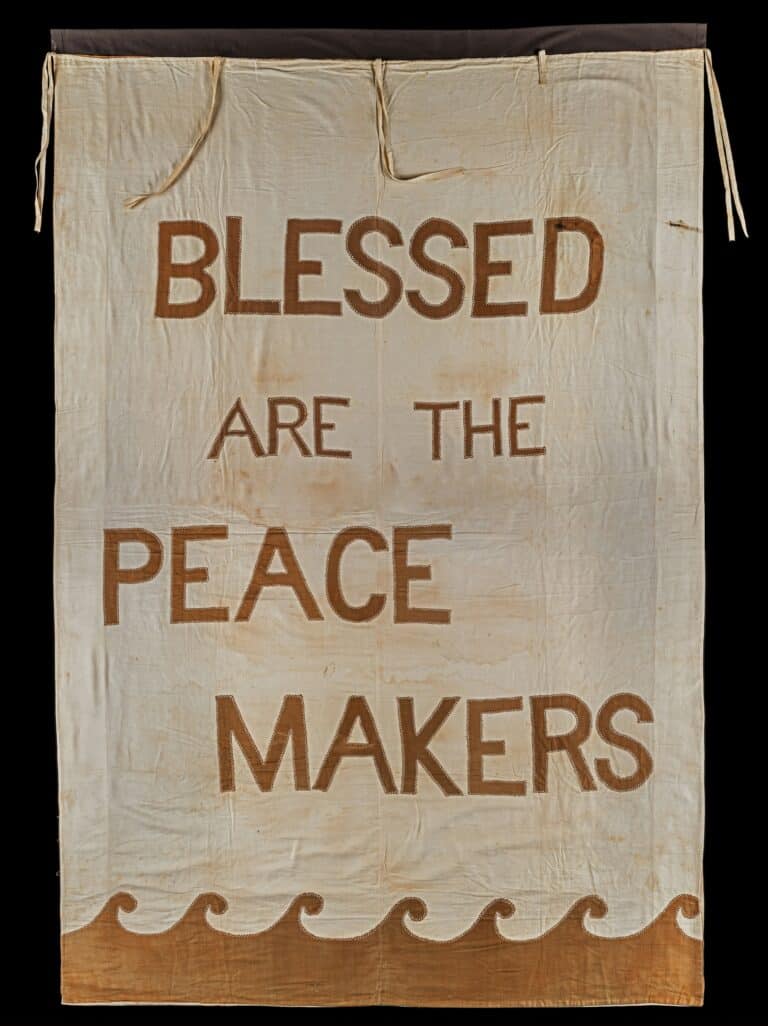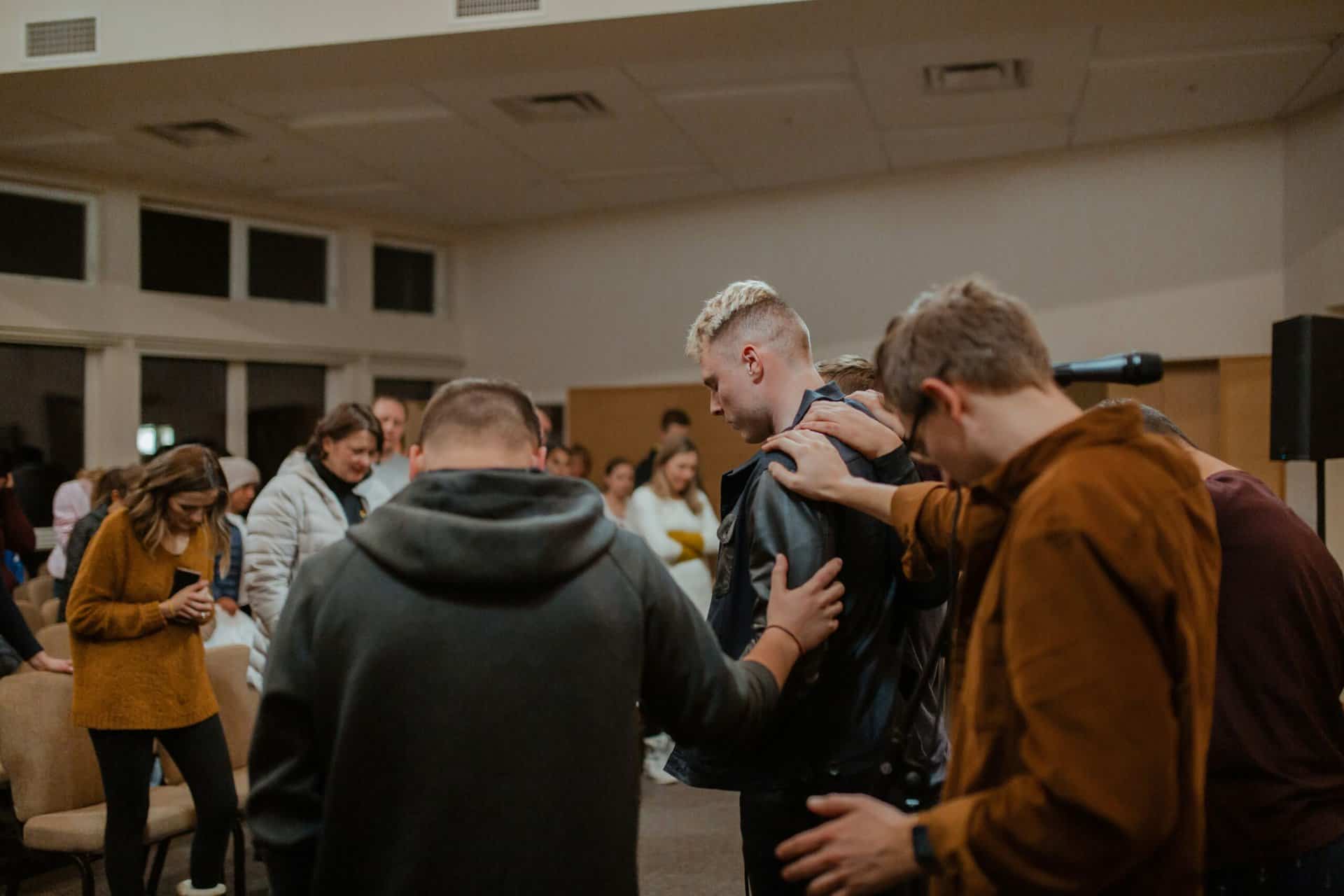In doing the family history work, I have truly fallen in love with the life story of my great-great grandfather W. D. McDonald.
Going from the one “stick-figure” photo I got from my mom’s scrapbook (with only their name and no details or stories) to the full robust set of documents, more photos and the stories found in county histories has been a wonderful adventure.
After joining the U.S. Army Cavalry at age 19, fighting Indians, accompanying settlers heading west through Kansas Territory and killing buffalo to feed the fort – and doing this for 5 years with his older brother – I have quite the picture. Add to that getting married in the year after leaving the Army and turning right around in 6 months to join the Texas Confederate Cavalry for a 3 year stint in the Civil War, the last year of which was spent in a Union prison.
My mind’s picture is of a colorful, fighting, rough-and-tough guy, all 5’7” of him (an inch taller than his older brother), with blue eyes, brown hair and fair complexion (as noted in the U.S. Army records). But as I read of the fighting experiences of others in the Confederacy, I can’t imagine the horrible conditions and violence of battles they survived and described. And then a year in a Union prison before final release at age 29 as the Civil War ended in 1865. What had he experienced – how had it impacted him?
The story picks up again in June of 1875, 10 years after the end of the Civil War with about 8 kids added to the family at that point. I learned from a printed history of the church that he was one of four men who met at the Bethel school beginning a prayer meeting group. “They had very few Bibles, so they used Websters’ spelling book for literature. They also had a Bible questionnaire.”
For 7 consecutive years they continued these prayer meetings, “never failing to have someone present to conduct the services.” And in 1884, Bethel Baptist Church was organized in Whitewright, Texas.
I could not resist finding one of those “Webster’s spelling books” and I found a reprint book which I think may have been the one they used. The title is “The American Spelling Book; containing the Rudiments of the English Language for the use of Schools in the United States” by Noah Webster Esq – the revised impression, with the latest corrections. It was an edition published in 1824. And here it was serving my great-great grandfather and his friends some 50 years later.
I love the “Preface” written in 1803 by Mr. Webster. He describes the book as the first part of a Grammatical Institute of the English Language when first published and afterwards “met with general approbation of my fellow citizens….” Thus, he believes this method of teaching correct pronunciation by natural division of the syllables was an improvement over others. But he also adds it will be more acceptable to the public “by facilitating the education of youth, and enabling teachers to instill in their minds with the first rudiments of language, some just ideas of religion, morals, and domestic economy.”
Hmmm, what would they think of those goals in our schools today?
I was curious as I thumbed through the book seeing rows and pages of words divided into syllables and accented to assist in pronunciation. Interspersed were short stories, fables, various forms of long and short discourses.
Right after the section titled “Domestic Economy…Or, the History of Thrifty and Unthrifty” came a section titled “A Moral Catechism” with various topical subtitles. I could not resist the one titled “Of Peace-makers”. I will share:
Q. Who are peace-makers?
A. All who endeavor to prevent quarrels and disputes among men, or to reconcile those who are separated by strife.
Q. Is it unlawful to contend with others on any occasion?
A. It is impossible to avoid some differences with men; disputes should be always conducted with temper and moderation. The man who keeps his temper wit not be rash, and do or say things which he will afterward repent of. And though men should sometimes differ, still they should be friends. They should be ready to do kind offices to each other. [note: “wit” originated from an old English term meaning “to know”]
Q. What is the reward of the peace-maker?
A. He shall be “blessed, and called the child of God.” The mild, peaceable, friendly man, resembles God. What an amiable character is this! To be like our heavenly Father, that lovely, perfect and glorious being who is the source of all good, is to be the best and happiest of men.
Yes, the spelling book bolded the last sentence. I can just imagine what a great discussion and sermon could be gleaned from that section of the spelling book!
I try to imagine what it might have been like to sit with those men in their “prayer meeting group” on a Sunday after a week of hard, physical daily labor on the farms and in their small town agrarian lifestyle. And I suspect the background of rough and violent Cavalry years on the plains plus intense, brutal and harsh realities of the Civil War were experiences these men had in common.
Did they choose the “peace-maker” passages in the spelling book for one of their Sunday meetings? What were their views, their wisdom at this point in their life, and how did they worship the God of their faith (including the 8 or 9 kids each and wives alongside them)?
Contrasting that with my Sunday mornings in a comfortable sanctuary, Bible under every other chair, beautiful instruments and song leaders sharing worship music most wonderfully, and while we all have our own rough spots in our journey with the Lord, we probably don’t have near the violence and tragedy type of experiences they had lived through framing their worship.
Blackaby reminds me that we “are designed to worship God in spirit and in truth”. Jesus said true worship must be “face to face” with God – not just religion or ritual – it is an intimate and vital encounter with a Person. How much sharper is that encounter when you have lived and survived (and lost loved ones) in such turbulent times? I suspect it fits Blackaby’s description of true worship generating a desire to show mercy and express forgiveness but especially to have a sense of peace and a confident expectation of what God is about to do – a transformed life.
Oh, to be a fly on the wall in one of my great-great grandfather’s Sunday prayer meetings!!
Just knowing his story, and reflecting on it as more comes to light, brings me to a deeper level of worship and gratefulness. I pray that is true for you as you find and cherish your family history.



